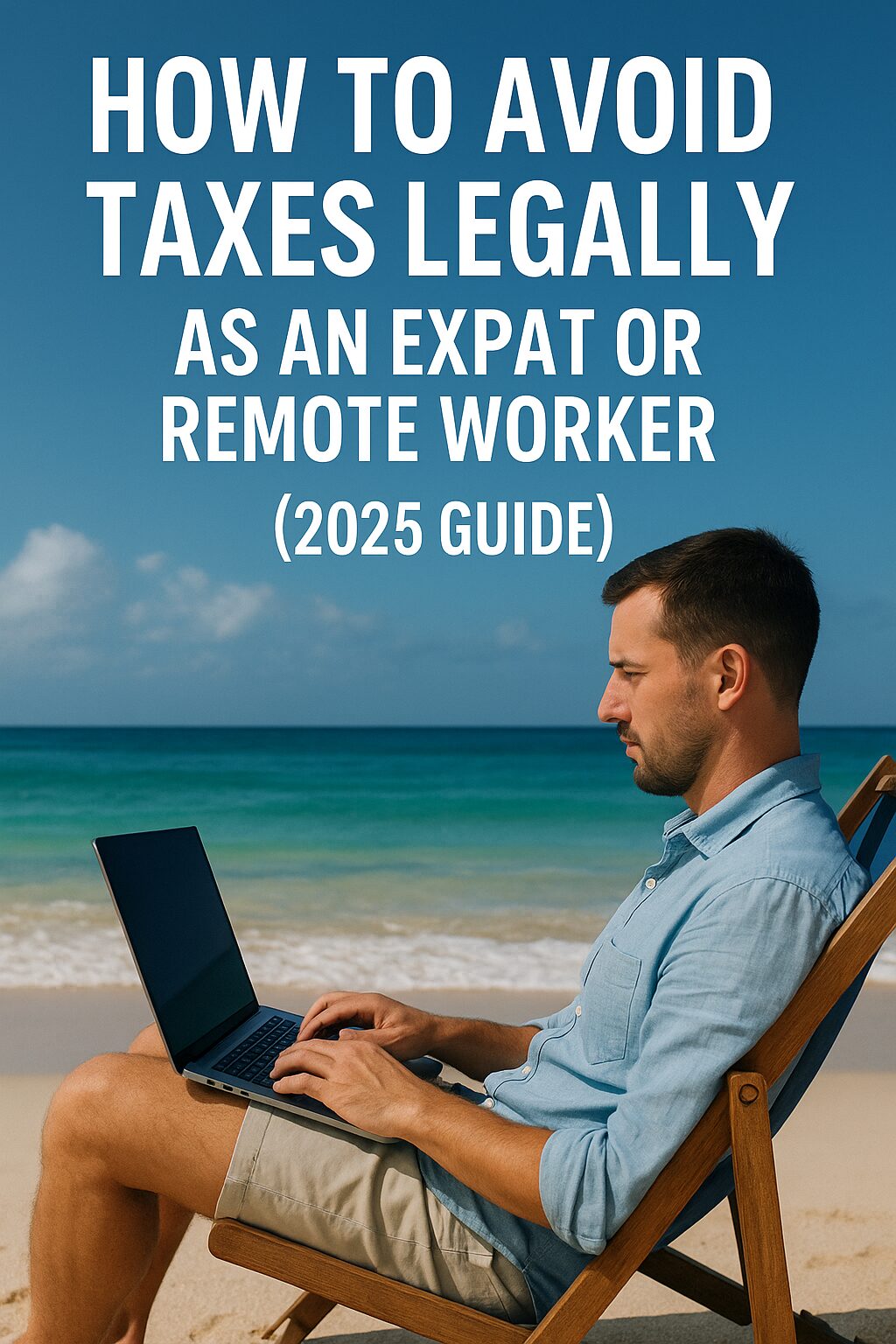As a digital nomad, managing your taxes isn’t just about choosing the right country—it’s about understanding the traps that can cost you thousands in penalties, double taxation, or even legal trouble. In 2025, tax laws around the world are becoming tighter, with governments more eager than ever to track global income.
Here are the most common tax pitfalls digital nomads face—and how to avoid them.
1. Failing to Establish Tax Residency
Many nomads think they can travel perpetually without becoming a tax resident anywhere. Unfortunately, most tax authorities see things differently.
If you don’t formally establish residency in a tax-friendly country, you risk being classified as a resident in your home country—triggering full taxation on your global income.
What to do:
Pick one country as your base and meet its tax residency requirements (typically 183+ days).
2. Assuming You Don’t Have to File Back Home
Some countries, like the U.S., tax citizens no matter where they live. Others require you to report foreign bank accounts or assets.
Failing to file—even if you don’t owe taxes—can lead to massive fines and loss of compliance status.
What to do:
Always check your home country’s filing obligations. U.S. citizens must file FBAR and possibly FATCA forms.
3. Bringing Foreign Income Into the Country Too Soon
In countries like Thailand, Malaysia, or Portugal, the timing of foreign income transfers matters.
If you bring income into the country in the same year it’s earned, it could be taxed—whereas delayed transfers may be exempt.
What to do:
Understand remittance-based tax systems. Work with a tax professional to time your transfers properly.
4. Improper Use of Offshore Companies
Setting up a company in BVI or Seychelles sounds great—until tax authorities label it a sham.
Many digital nomads fall into the trap of creating shell companies that have no real business purpose or substance.
What to do:
If you incorporate offshore, ensure your company has real operations, clients, and expenses. Substance requirements are real.
5. Ignoring Local Rules While on Tourist Visas
Running your freelance business while on a tourist visa may violate local laws—even in countries with lenient tax systems.
Immigration and tax laws are separate—a tourist visa doesn’t give you permission to earn income locally.
What to do:
Apply for the correct visa—such as a digital nomad visa, business visa, or long-stay visa that permits remote work.
Final Thoughts
Tax authorities are sharing more data than ever through systems like CRS (Common Reporting Standard). In 2025, ignorance of tax law is no longer an excuse.
You can still enjoy freedom, flexibility, and a global lifestyle—but only if you stay legally compliant.
A few hours with a cross-border tax advisor can save you years of legal trouble and thousands in unexpected bills.

